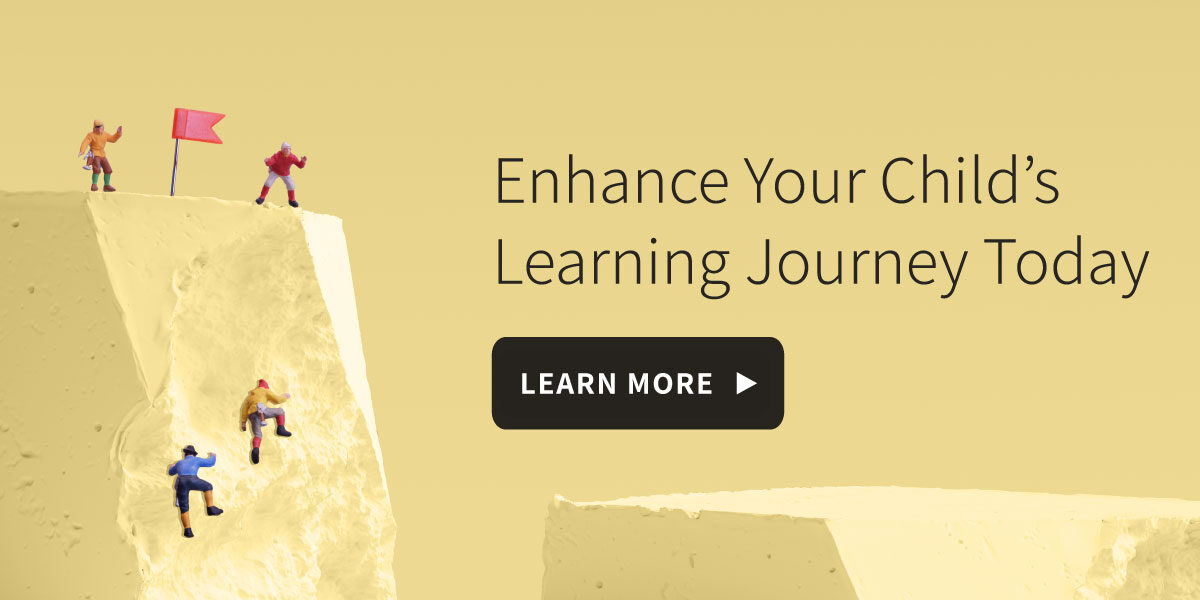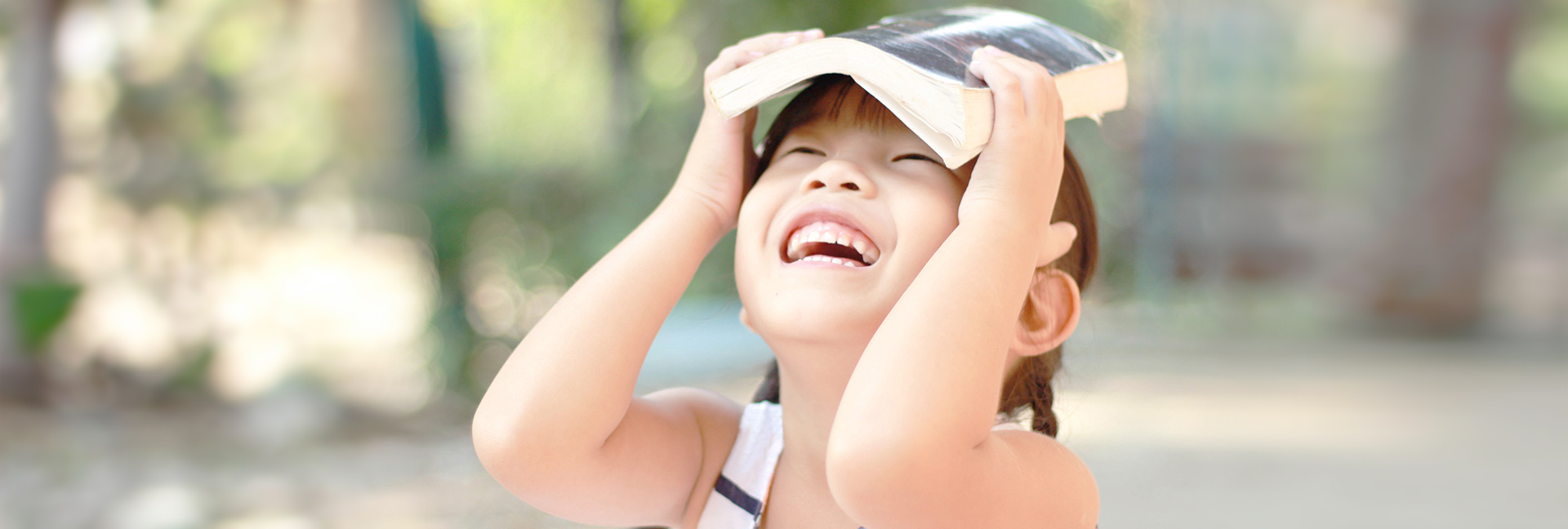
Your child is flying the coop, so to speak, and you’re keen to know what entering preschool means for his or her learning development and life journey.
Your curiosity and concern are not unfounded. Many parents feel fretful when sending their little one off to school — a feeling that is also felt by the child. However, your separation issues could be feeding your child’s. If you are having trouble separating, your child may pick up on this. One way you can settle your unease is by connecting regularly with your child's teacher and seeking advice on how to support your child through this transition.
To allay some of your concerns, our teachers have compiled this list of skills and qualities your child will learn in Nursery 2, Kindergarten 1 and Kindergarten 2.
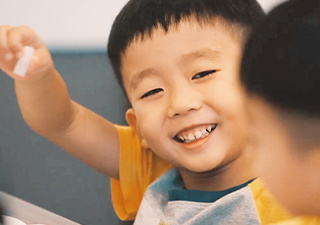
1. Social Skills
Kindergarten is a colourful and exciting time for young children to explore building social relationships with other preschool students.
This social exploration encourages them to further develop their sense of self, as suggested in an article published in the Mediterranean Journal of Social Sciences. The article cites that “forming an identity in early childhood [...] changes along with the child’s experiences, activities, relations with others, responsibilities and obligations”.
Here at The Learning Lab, we encourage independence, curiosity and self-expression by making learning fun and interactive in a small group environment.
We do this through specific activities such as storytelling, role play, games and more that help young students develop important soft skills including:
communication
interaction
sustained attention-span
the ability to respond to direct verbal and visual cues
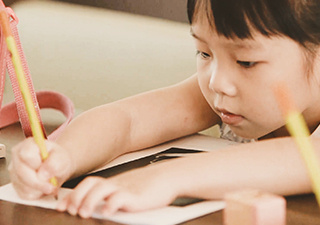
2. Language and Literacy Skills
Awareness of language is key in the early years as your child takes his or her first steps in learning the English language.
Dr Bruce Perry, a child psychiatrist and Senior Fellow of the Child Trauma Academy in Houston, Texas, shares that “the amusing sounds of a young toddler practising language — in seemingly meaningless chatter — is really their modelling of the rhythm, tone, volume and non-verbal expressions they see in us.”
Dr Perry adds that this learning process is not passive and is, in fact, part of the complex development of young humans.
In our Nursery 2 classes, we introduce students to the alphabet, writing strokes and the difference between upper-case and lower-case letters. Our teachers also help widen your child’s phonetic vocabulary through word games, rhymes, object-naming, object descriptions and lists of opposites.
In Kindergarten 1, your child will learn to construct simple sentences with key vocabulary, describe pictures and express himself or herself creatively in guided writing exercises.
When a student reaches Kindergarten 2, his or her writing skills will advance with short writing exercises as the class learns how to apply basic writing techniques, such as the 5Ws 1H (who, what, where, when, why, how). Your child will also exercise his or her creativity through fun writing formats such as postcards and diary entries.
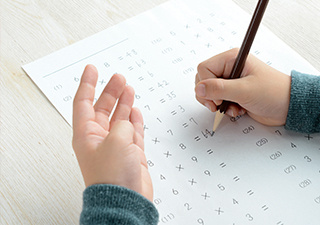
3. Numeracy and Maths Skills
Maths can be daunting, especially when you associate it with topics like Multiplication and Division or when you see students, often in primary school, struggle to understand algebraic concepts.
Do not worry, Maths is not just about solving problem sums. At the preschool levels, Maths should be about introducing your child to numbers sense and developing his or her curiosity towards the subject.
At The Learning Lab, our Nursery 2 Maths programme teaches your child to relate Maths to daily experiences. We do this through a series of hands-on activities and craft work that introduces your child to numbers — from recognising them to knowing how to write each number.
Down the line, your child will also learn to add and to subtract using pictures and images. To generate interest and curiosity in the subject, our teachers use the aid of artwork, videos, role-playing activities and Maths storybooks.
At the Kindergarten 1 and 2 levels, students will start completing daily Maths exercises in their Junior Mathematician Booklets to master mental sums. Students will also:
continue to build on their understanding of topics like Whole Numbers and Fractions
be exposed to new heuristics such as Make a List, Restate the Problem and more
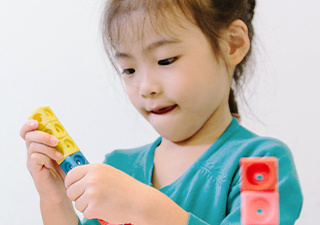
Independence
Kindergarten is where children are introduced to the structure of formal schooling.
That is why preschool is an opportune time to help them nurture timekeeping discipline, master concentration, discover how to approach their peers in a positive manner and develop proactive learning habits.
All of these contribute to their independence, self-reliance and most importantly, their sense of confidence.
Preschool students are found to revel in their newfound independence. They delight in deciding which friends to play at the playground or school gym with. Being able to make such choices is a natural part of growing up.
Preparing for Primary School
Our teachers will help prepare your child for a smooth transition to primary school.
We do this by cultivating key learning habits such as time management, organisation, active listening, comprehensive reading, clear communication, note taking and much more.
By nurturing these habits which are also valuable social skills and useful tools for later in life, we set them up for success, in the classroom and beyond.
Click here to learn more about our Early Years programmes.
The Learning Lab is now at locations. Find a location that suits your needs.
If you have any questions about our range of programmes or class schedules, you may fill in the form below or contact us at 6733 8711 / enquiry@thelearninglab.com.sg.

